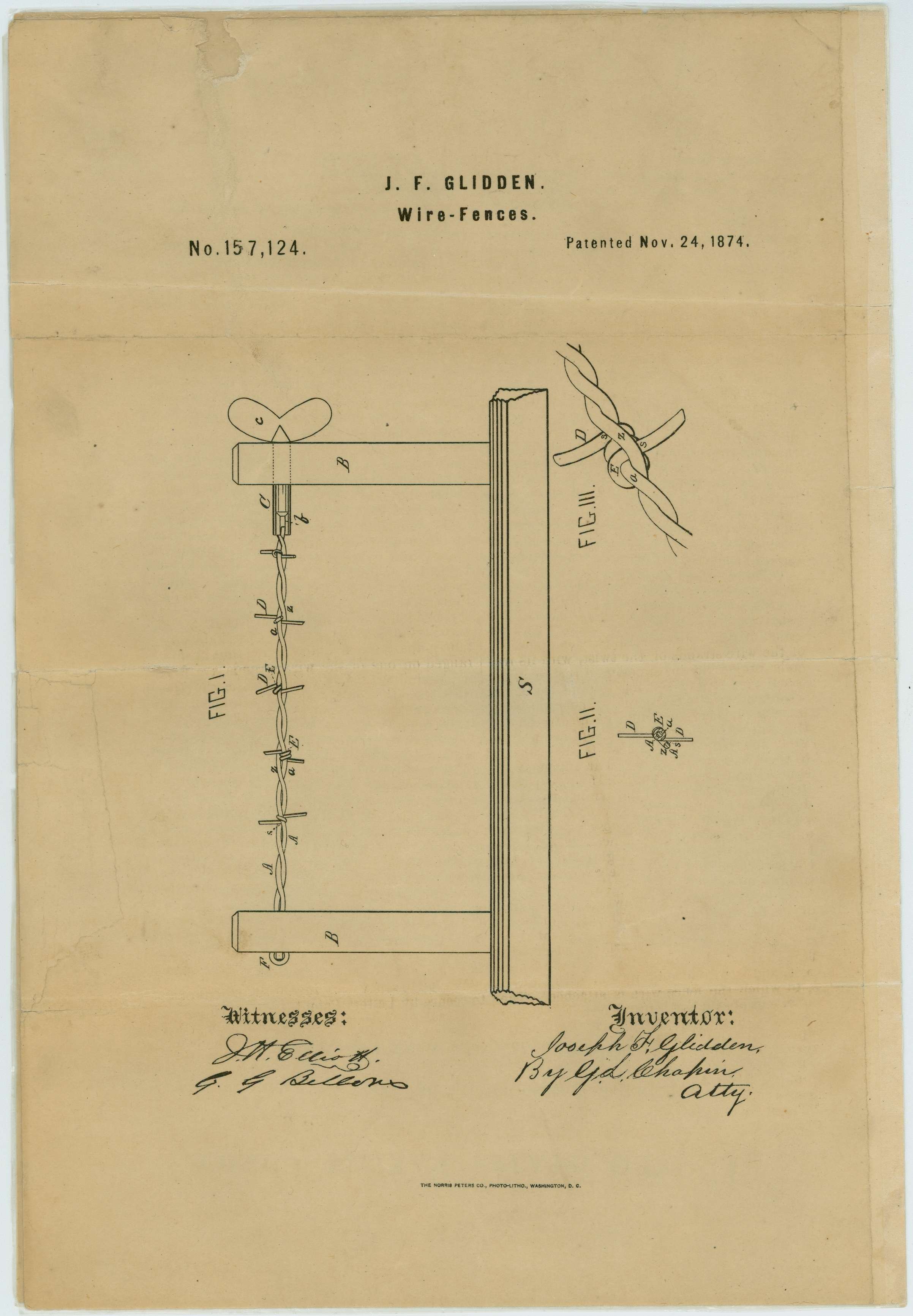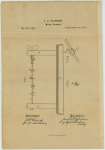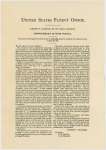Patent for Improvement to Barbed Wire
11/24/1874
Add to Favorites:
Add all page(s) of this document to activity:

Add only page 1 to activity:
Add only page 2 to activity:
Life in the American West was reshaped by a series of patents for a simple tool that helped ranchers tame the land: barbed wire. Michael Kelly made a significant improvement to wire fencing with an invention that "twisted two wires together to form a cable for barbs-the first of its kind." Joseph F. Glidden, an Illinois farmer, submitted this patent for improvement to barbed wire. He was recognized as the winner in the series of improvements to Kelly's invention. Gilden's invention made barbed wire more effective not only because he described a method for locking the barbs in place, but also because he developed the machinery to mass-produce the wire. Today, it remains the most familiar style of barbed wire.
Text adapted from “Glidden's Patent Application for Barbed Wire” in the January 1997 National Council for the Social Studies (NCSS) publication Social Education.
Text adapted from “Glidden's Patent Application for Barbed Wire” in the January 1997 National Council for the Social Studies (NCSS) publication Social Education.
This primary source comes from the Records of the Patent and Trademark Office.
National Archives Identifier: 117891118
Full Citation: Patent Drawing for Joseph F. Glidden's Improvement to Barbed Wire; 11/24/1874; Patent No. 157124; Patent Case Files, 1836 - 1993; Records of the Patent and Trademark Office, Record Group 241; National Archives at College Park, College Park, MD. [Online Version, https://www.docsteach.org/documents/document/patent-drawing-for-joseph-f-gliddens-improvement-to-barbed-wire, April 25, 2024]Activities that use this document
- Patent Analysis: Joseph Glidden's Barbed Wire
Created by the National Archives Education Team - Reasons for Westward Expansion
Created by the National Archives Education Team
Rights: Public Domain, Free of Known Copyright Restrictions. Learn more on our privacy and legal page.





